Everyone is talking about coronavirus disease (COVID-19), and everywhere you look there’s information on the virus and how to protect yourself from it. Knowing the facts is key to being properly prepared and protecting yourself and your loved ones.
Sadly, there’s a lot of information out there that is incorrect. Misinformation during a health crisis leaves people unprotected and vulnerable to the disease and spreads fear and stigmatization.
In a few short months since its first emergence, the novel coronavirus COVID-19 has turned into a global pandemic that has spread to 166 countries and territories (WHO, as at 18 March 2020).
The lives of hundreds of millions of people across the world have been disrupted as affected countries and regions close their schools, businesses and borders in an attempt to contain the spread of this new and potentially deadly disease.
Signs are that the virus will continue to spread further globally, severely threatening the coping capacities of affected communities and countries.
What is Coronavirus?
The disease caused by the novel coronavirus has been named coronavirus disease 2019 (COVID-19) – ‘CO’ stands for corona, ‘VI’ for virus, and ‘D’ for disease.
Formerly, this disease was referred to as ‘2019 novel coronavirus’ or ‘2019-nCoV.’
The COVID-19 virus is a new virus linked to the same family of viruses as Severe Acute Respiratory Syndrome (SARS) and some types of common cold. The disease crisis is first and foremost a human tragedy, affecting hundreds of thousands, and potentially millions, of people.
How Does It Spread?
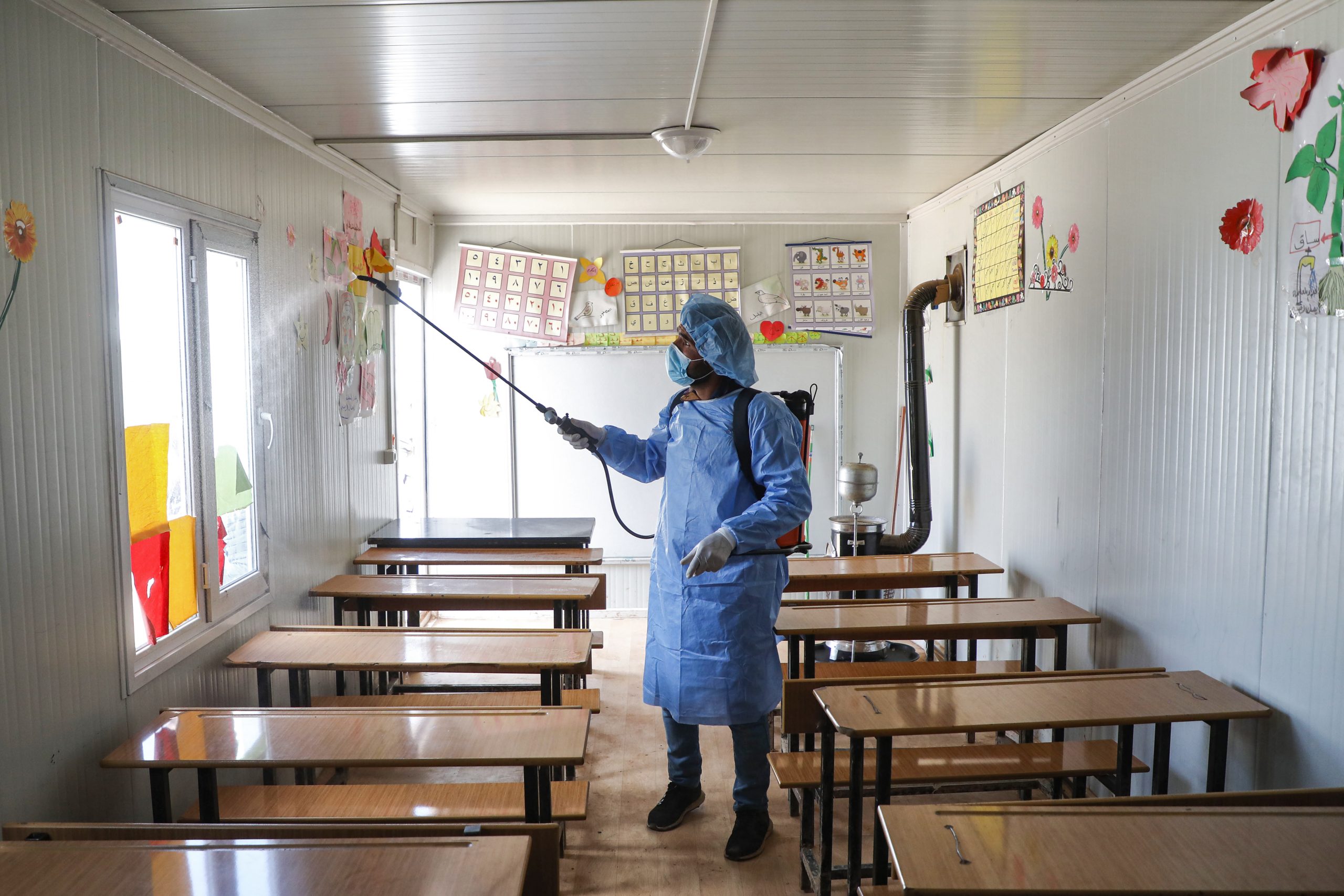
Coronaviruses primarily spread through close contact with another individual, in particular through coughing and sneezing on somebody else who is within a range of about 3 to 6 feet from that person.
There’s also new data on how long the virus survives in the environment. Published in the New England Journal of Medicine scientists find that COVID-19 can survive in droplets for up to three hours, last up to four hours on copper surfaces, twenty-four hours on cardboard and two to three days on plastic and stainless steel.
How to Avoid Infection
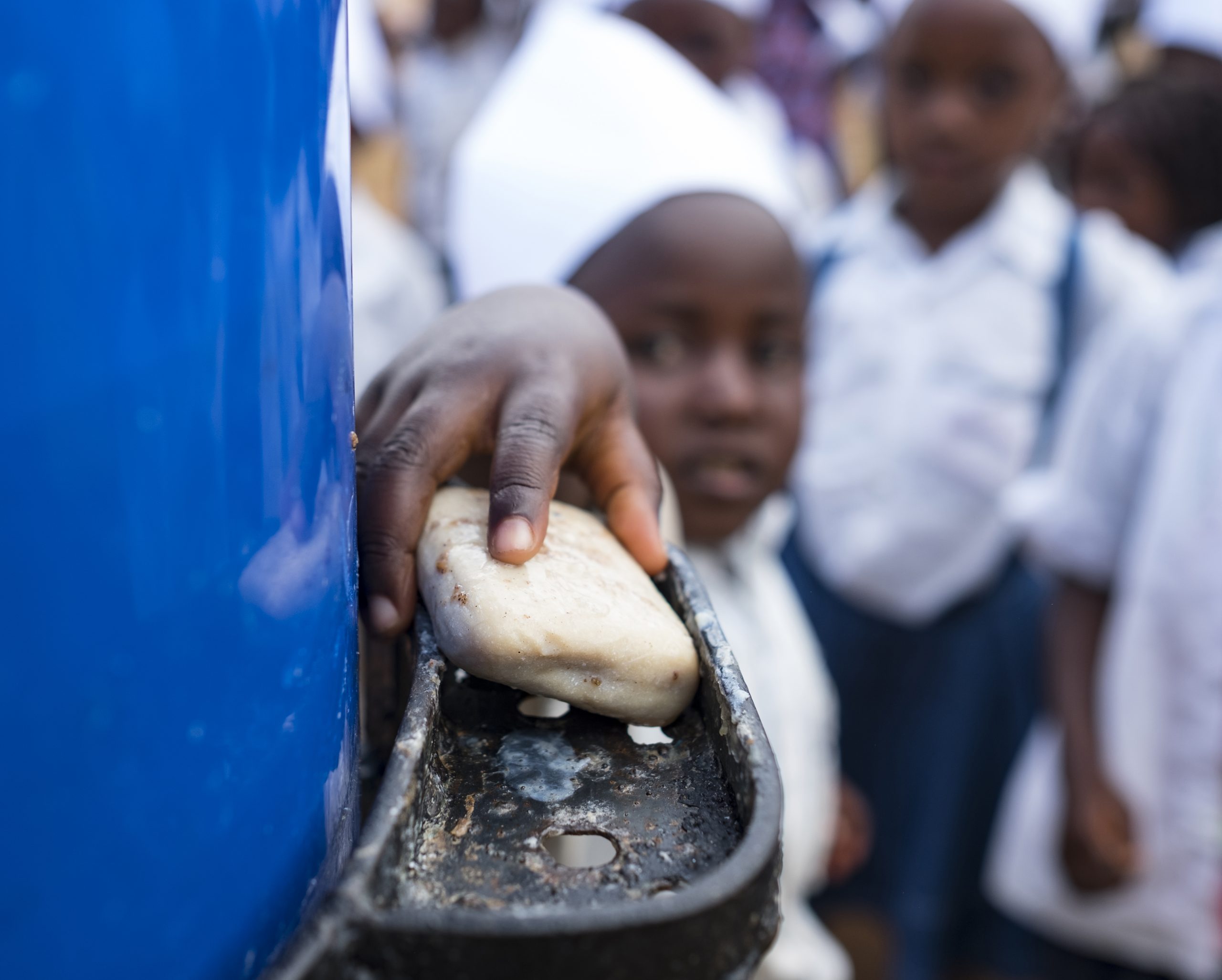
- Wash your hands frequently using soap and water or an alcohol-based hand rub
- Cover your mouth and nose with a flexed elbow or tissue when coughing or sneezing. Immediately dispose of any used tissues
- Avoid close contact with anyone who has cold or flu-like symptoms
- Seek medical care early if you or your child has a fever, cough or difficulty breathing
Should I Wear a Mask?
The use of a medical mask is advised if you have respiratory symptoms (coughing or sneezing) to protect others. If you don’t have any symptoms, then there is no need to wear a mask.
If masks are worn, they must be used and disposed of properly to ensure their effectiveness and to avoid any increased risk of transmitting the virus.
The use of a mask alone is not enough to stop infections and must be combined with frequent hand washing, covering sneezes and coughs, and avoiding close contact with anyone with cold or flu-like symptoms (coughing, sneezing, fever).
What To Do If You or a Family Member Displays Symptoms?
Act on the advice of the government. Stay at home for 14 days if you have either:
- a high temperature – you feel hot to touch on your chest or back
- a new, continuous cough – this means you’ve started coughing repeatedly
Use the HSE online coronavirus service if:
- you feel you cannot cope with your symptoms at home
- your condition gets worse
- your symptoms do not get better after 7 days
How Does it Affect Children?
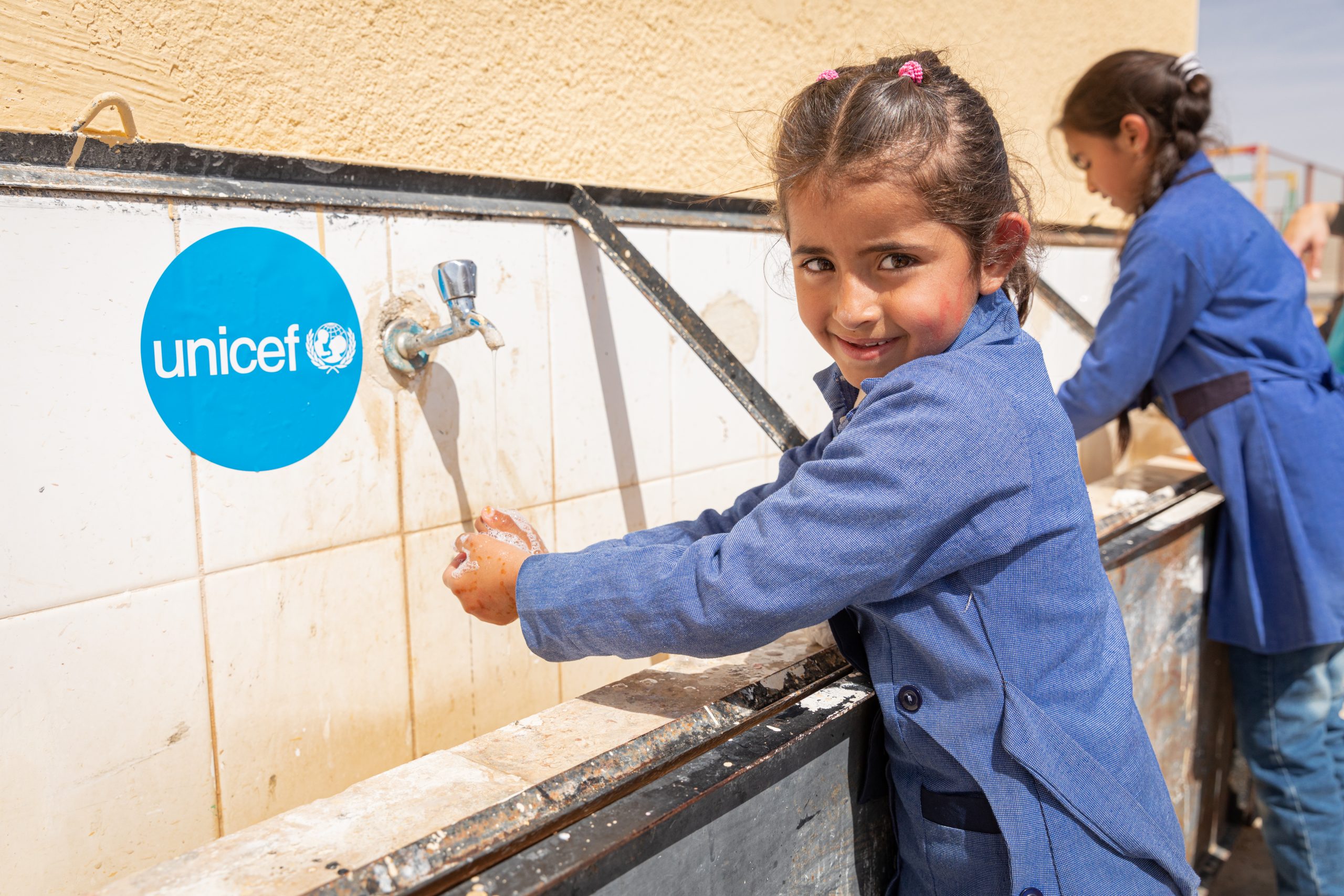
Whilst children, fortunately, seem to be less severely affected by the direct health impacts of COVID-19, the secondary impacts on children and women across the world of this rapidly escalating situation are unprecedented.
Although Covid-19 is said to affect the elderly most severely, there will be certain children more vulnerable in terms of existing asthma and/or lung problems. Every child will experience solitude and social disconnection.
The most marked impact of Coronavirus on children is the closure of schools. Teachers, parents, and children have had to face a massive and sudden change in their way of living and learning.
Already 776.7 million children are out of school and housebound due to COVID-19 related school closures – a number rising daily. The digital divide will see some children able to cope with the transformation to online learning while others will not be able to cope, due to a lack of tech devices and facilities.
Similarly, not every child can be cared for at home. Children with parents in the health or emergency sector and children who do not have a stable home environment will suffer.
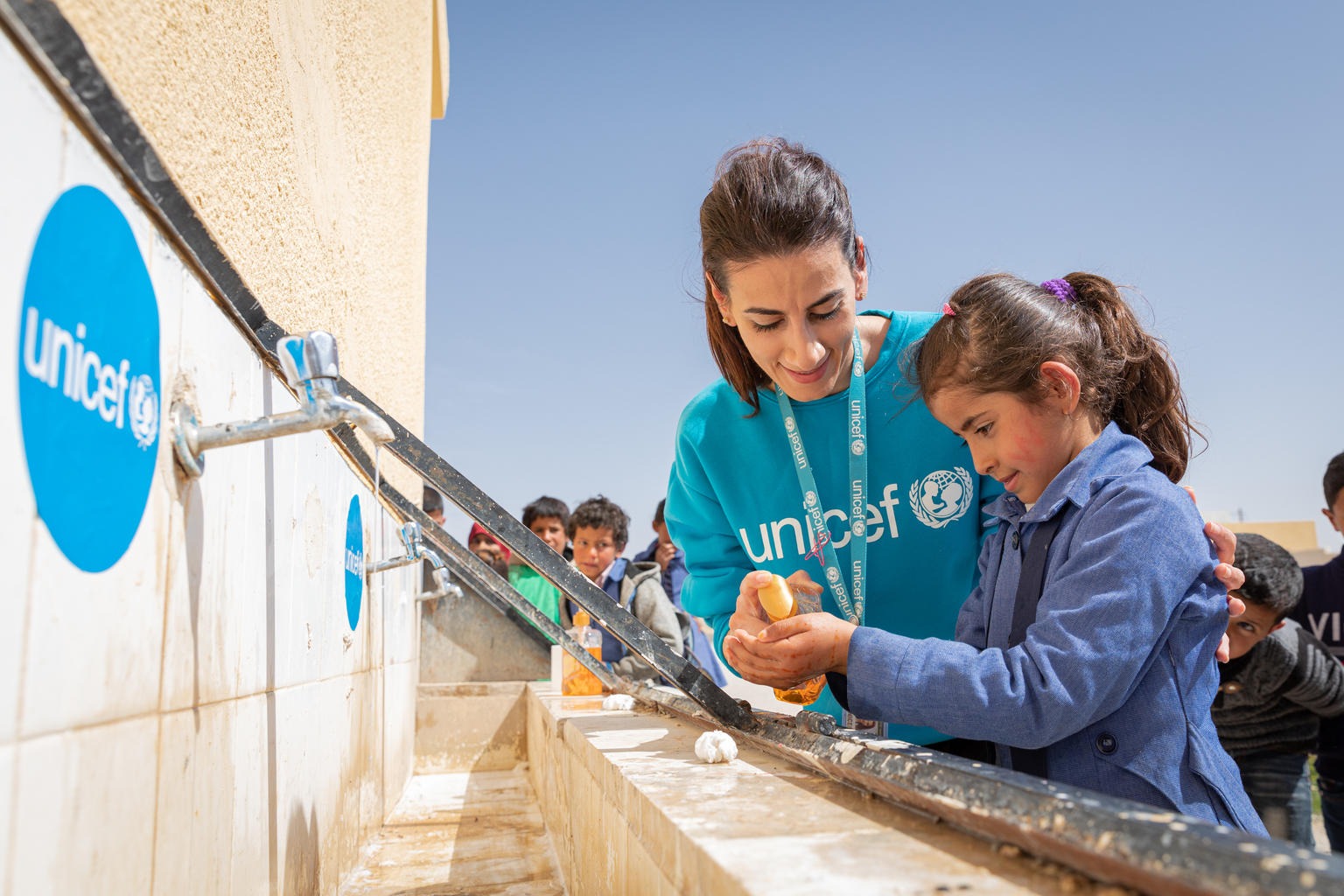
A Rapidly Evolving Global Threat!
The intense pressure that COVID-19 is causing amongst countries with well-developed water, sanitation and health systems clearly demonstrates the potentially catastrophic impact an uncontrolled spread of the virus may have in countries with weak health and sanitation infrastructure and resources.
Handwashing with soap, for example, is critical in the fight against COVID-19 when done correctly – but only 3 out of 5 people across the world have basic handwashing facilities.
Some 40 percent of the world’s population or 3 billion people do not have a handwashing facility with soap and water at home (rising to 75 per cent in the least developed countries); and an estimated 900 million school children lack handwashing facilities at school.
How is UNICEF Helping?
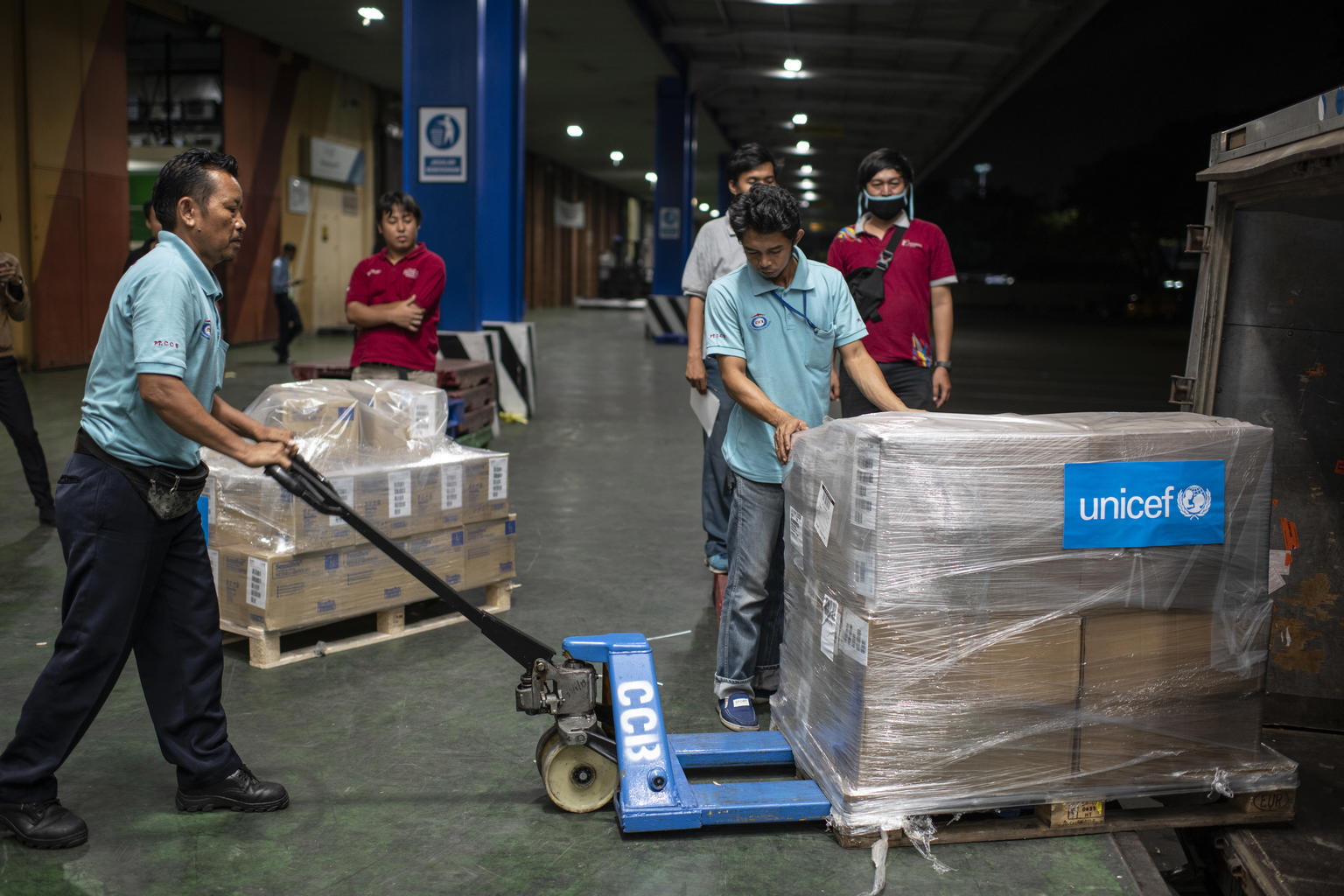
UNICEF is working closely with the World Health Organisation (WHO), authorities, health workers and partners, to provide critical supplies, technical guidance and support.
We have already delivered nearly $1 million worth of critical supplies including masks, goggles and protective gloves to support the efforts of health workers to curb the spread of the virus.
We continue to support affected countries with medical supplies and work to ensure that risks are communicated to children and families, along with hand washing information and materials where needed.
We are working to ensure that children, pregnant women and their families know how to prevent the spread of COVID-19.
Key Highlights of UNICEF’s Global Response to Date Include:
- We have provided tens of millions of items of vital supplies of Personal Protective Equipment (PPE), medical equipment and hygiene supplies to affected countries.
- We have created online training modules for health workers
- Working with WHO and our partners we have created new Technical Guidance on Safe Schools Operations, to help protect children from COVID-19.
- We have reached more than 80 million people with transmission prevention messages in China, Malaysia, Lao, Papua New Guinea and the Pacific region in just the first few weeks.
UNICEF Priorities for Children and Families Are:
- Prevent the spread of the virus.
- Communicate risk.
- Address misinformation and stigmatisation.
- Support governments in countries with weaker health systems to prepare and respond.
- Address secondary impacts of the virus on children’s safety, education and wellbeing.
- Collect data on the impact of the pandemic on women and children.
How to Speak to Your Kids About the Virus
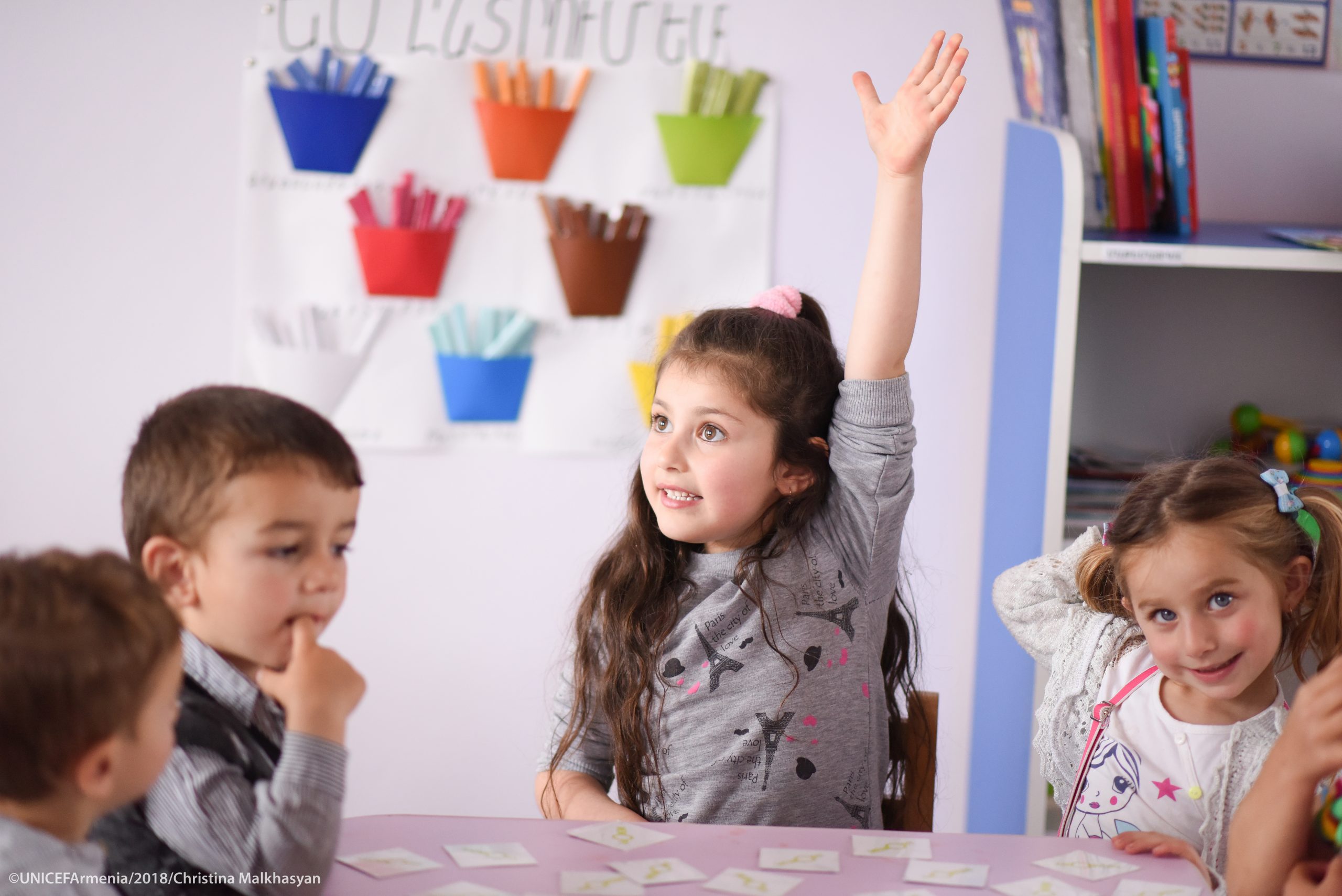
Start the conversation with your children. Your kids may be hearing a lot about the new Coronavirus. Here are some tips.
- Listen first. Does your child want to talk about it? Take their lead.
- Stick to the facts. It’s important to be honest with your child.
- Be part of the solution. Talk to your child about what they can do, such as covering their nose and mouth when coughing or sneezing and washing their hands regularly with soap and water.
- Be mindful. Remember children can pick up on your response to the news. Stay calm and informed.
We Need You Now More Than Ever!
UNICEF already works in over 190 countries and territories across the globe, in some of the world’s toughest places, to reach the world’s most disadvantaged children.
We are working around the clock to scale up our responses to COVID-19 through our global UNICEF family. But we need the generous support of donors to make sure that we can reach children, wherever they are, to help halt the spread of coronavirus and support those affected by it.
With this rapidly evolving global crisis, UNICEF needs flexible funding to respond swiftly according to needs on the ground – Now more than ever, we count on our donors to continue supporting our mission for those with nothing and no one – despite these difficult times.

